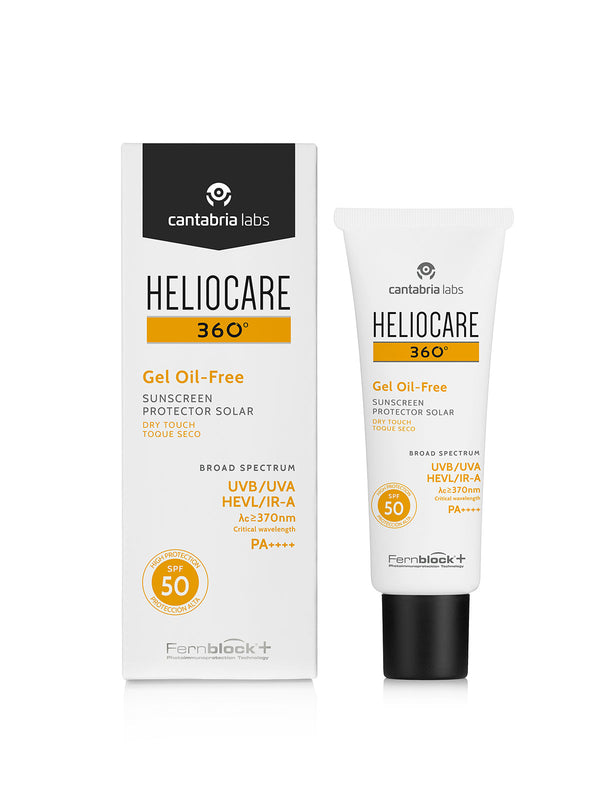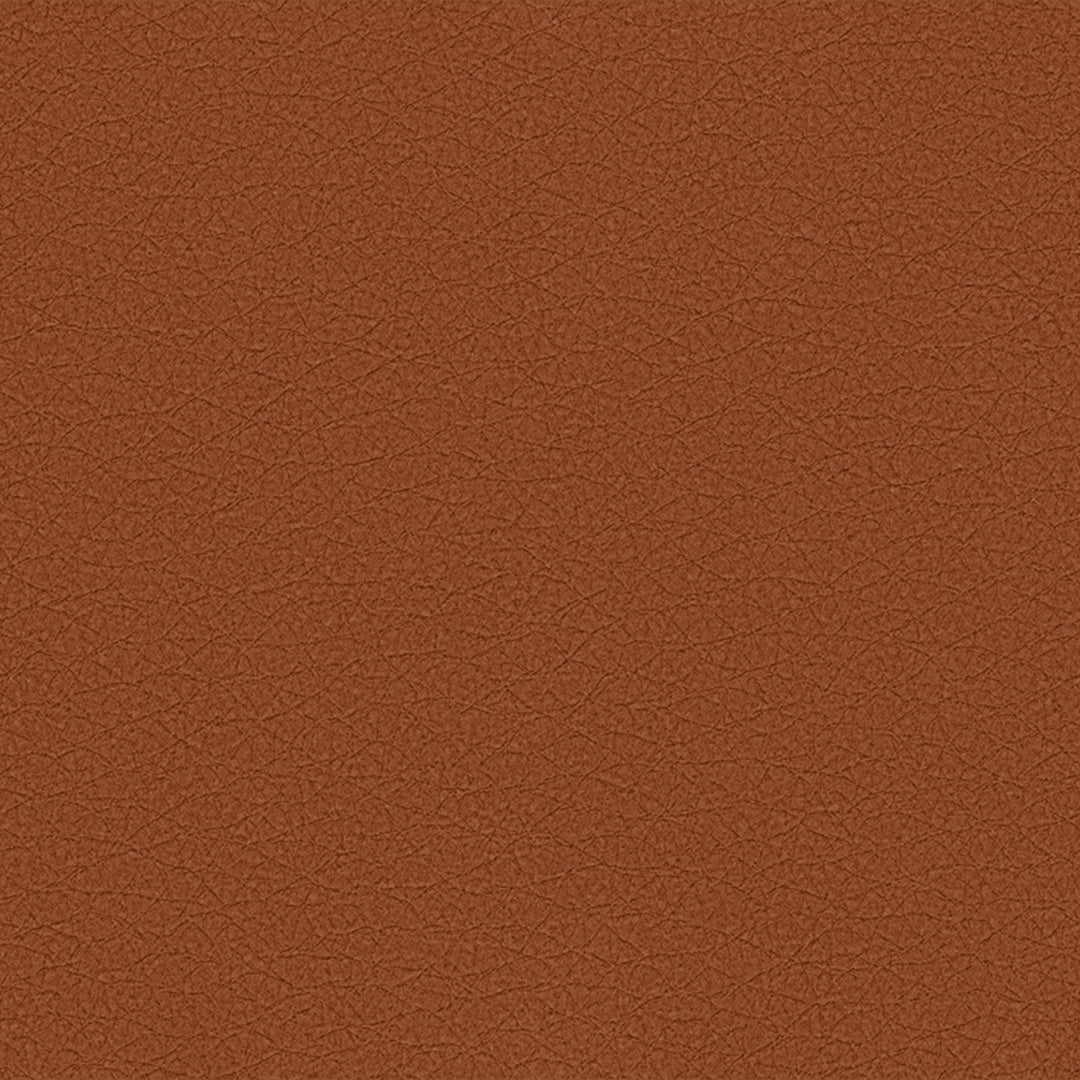Acne and the importance of daily sun protection
June is Acne Awareness Month, a time when skincare and medical professionals come together to educate the public about the causes and treatments of acne, remove stigma and raise awareness about this very common skin issue.
This year, we want to join in this national campaign and highlight the importance of daily sun protection for people who have acne or spot-prone skin. We’ll discuss how sun exposure can affect acne, the damage the sun can cause to acne-prone skin, and why wearing a daily facial sunscreen can – contrary to popular belief – make your skin better, not worse.
Let’s get into it.
Acne can affect everyone
People can feel embarrassed about it, but acne is an incredibly common skin condition that affects millions of people in the UK – in fact, around 90% of people from ages 11 to 30 will experience acne or breakouts to some extent. It’s a normal part of life, especially for teenagers. But it’s also normal for it continue or flare up again in adulthood.
Acne can be caused by a number of things:
- genetics
- bacteria
- hormones
- lifestyle (including smoking)
- stress
Other external factors, like the cosmetic products we use and medications we take, can also result in acne or breakouts.
Adult acne is more common in women
It’s believed that women might suffer from acne post-adolescence more than men because of the hormonal changes we experience at certain times of the month, and across our lives. Specifically, adult women can experience issues with breakouts:
- just before or at the start of their menstrual period
- during and post-pregnancy
- if they have polycystic ovary syndrome (PCOS)
Acne can damage more than just your skin
Acne can be uncomfortable, even painful, and if not treated correctly, can result in scarring and dark spots (also known as post-inflammatory hyperpigmentation). But the damage it can cause goes beyond how our skin looks and feels.
Everyone wants to look their best, and having to face the world with acne or spots isn’t always easy. Our appearance can affect how we think and feel about ourselves. A survey by the British Association of Dermatologists found that 54% of adults in Britain who had experience with acne felt it affected their self-confidence, and 22% felt it had a negative impact on their social interactions.
In addition, many studies have uncovered a connection between suffering from acne and the risk of depression. It’s a serious issue that deserves to be treated with care and sensitivity.
How does the sun affect acne symptoms?
Part of Acne Awareness Month is educating people about the myths around acne and how to treat it. A big, and, honestly, dangerous one is that sunbathing and going to sunbeds can improve acne. There is no evidence that this is the case. Sun beds and sunbathing is particularly harmful to your skin and can cause damage to your skin cells DNA which can result in skin cancer. It can also result in premature skin ageing causing lines and wrinkles, loss of elasticity and pigmentation.
If you are using topical creams to treat acne (such as benzoyl peroxide, retinoids, or azelaic acid) or taking medication (certain antibiotic tablets or Roaccutane), your skin will actually be more sensitive to the sun, burn faster, and be more likely to be damaged by sun exposure. Applying a high SPF sunscreen, especially facial sunscreen, daily is non-negotiable for people being treated for acne or breakouts.
On top of that, spending time in the sun can actually make the effects of acne worse, for a few reasons.
- It can damage the skin's immune system and cell DNA. This means the skin is more susceptible to sensitivities and breakouts.
- It makes you sweat (when hot!). Bacteria love a moist environment, and bacteria cause acne. The more bacteria, the more spots.
- It can dry out your skin. Your skin needs moisture to stay healthy. The sun can deplete levels of fatty acids and essential oils which can send your oil (also called sebum) production into overdrive and make breakouts worse. Plus, having dry skin disrupts cell turnover, your body’s natural exfoliation, resulting in more clogged pores which contribute to the development of spots.
- It can make dark spots worse. Acne can leave dark spots on the skin, called post-inflammatory hyperpigmentation. They usually fade over time, but getting too much sun can make the marks darker and harder to get rid of.
Benefits of daily sunscreens
People who experience acne can worry that wearing sunscreen will make their skin worse. Will it be thick or greasy? Will it block pores and create more breakouts?
That’s why it’s important to choose a high-quality, broad-spectrum sunscreen that has been designed for skin that is prone to breakouts. It will give you the vital daily sun protection your skin needs, without contributing to further breakouts and spots, as you will find many daily sunscreens are non-comedogenic (meaning they won’t block your pores!).
Heliocare 360° Oil-Free Gel
Heliocare 360° Oil-Free Gel is an ideal daily sunscreen for people with combination, oily, or spot-prone skin. It is an ultra-light, dry-touch gel that absorbs quickly into the skin, leaving a matte finish.
Like all the topical products in the Heliocare 360° range, the Oil-Free Gel provides the highest levels of protection against the full spectrum of light, including UVA (with PA++++), UVB (with SPF50), visible light and infrared-A. It will also go beyond just blocking radiation to improve skin health with the supercharged antioxidant Fernblock®, DNA repair enzymes, and additional antioxidants in the form of green tea extract, and vitamin C and E.
Heliocare 360° Oil-Free Gel’s unique formulation also contains sebum-regulating properties – in fact, it has been clinically proven to reduce sebum by 15%.
On top of that, it is:
- alcohol free
- non-comedogenic
- and vegan friendly
Find out more about Heliocare 360° Oil-Free Gel and shop now
Acne, or even just occasional breakouts, are a fact of life for most people. It can be tough to deal with, but there are treatments and products out there that can help. If acne is something that you’re struggling with and you’re unable to find effective solutions that work for you, speak to your local healthcare provider or skincare professional.
In the article

- For oily, spot-prone, or combination skin
- Suitable for Fitzpatrick skin types I-V
- SPF50 & PA++++
- Dry-touch, matte finish






